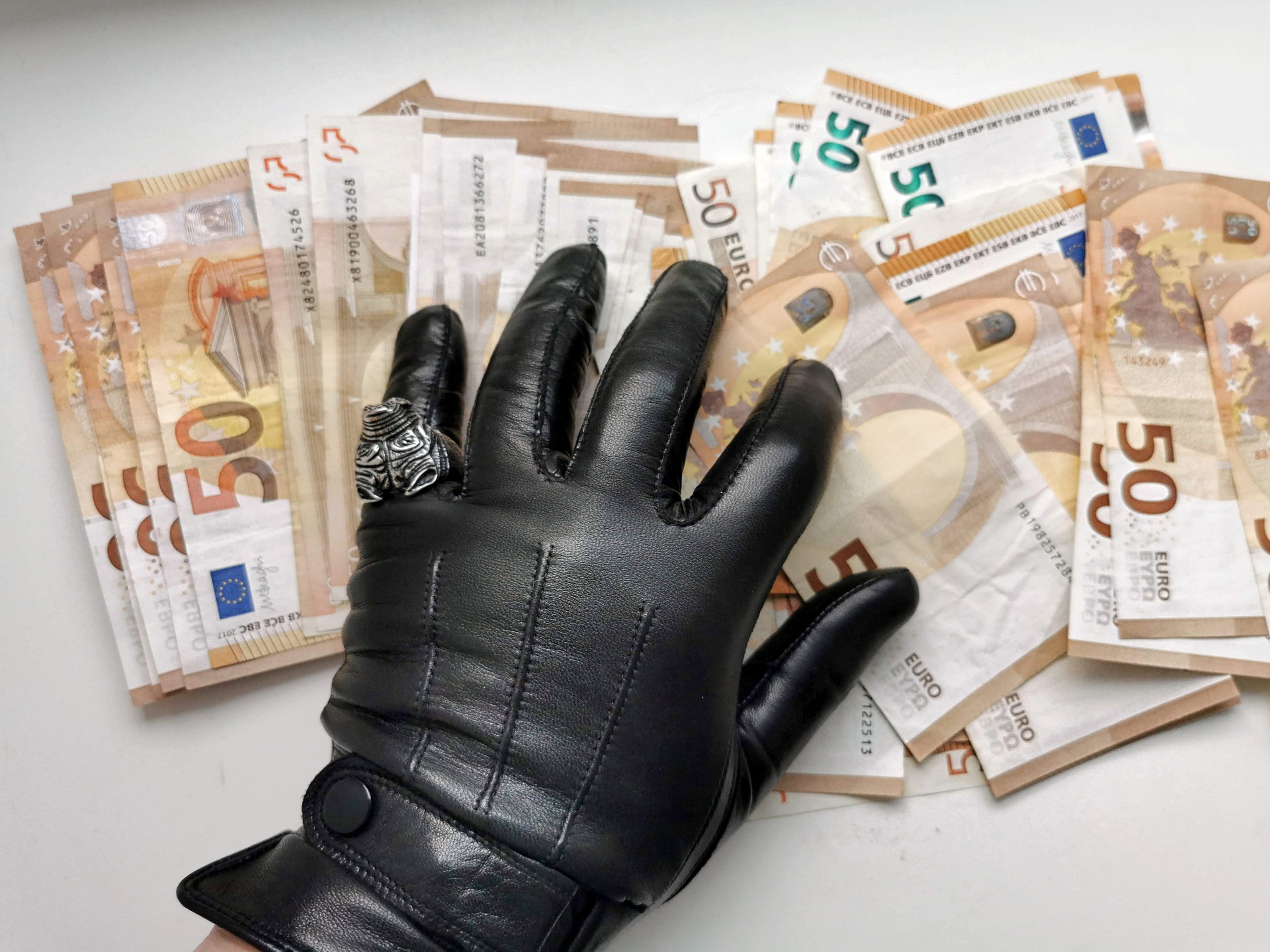Mikuláš Peksa:
Today’s resolution by the European Parliament criticises the Bulgarian government’s failure to combat widespread corruption and organized crime and deal with its rule of law crisis. From July onwards, Bulgaria has been seeing regular protests that brought tens of thousands into its streets. The protests have been accompanied by police brutality and attacks on journalists and garnered widespread public support. Since the 1990s, the country, one of the poorest in the EU, has been de facto ruled by groups of political and financial oligarchs, who hold influence (or direct control) over the justice system, the business environment, the media,the secret service, and the police. In the World Press Freedom Index composed by Reporters Without Borders, Bulgaria lags behind in the 111th place, and Transparency International labelled it the most corrupt state in the EU.
The European Commission’s recent Rule of Law report was also not exactly positive towards Bulgaria. The report mentions incomplete judicial reforms, low public trust in anti-corruption institutions, attacks on journalists, and fears of inequality before the courts. The European Commission also expressed concerns over unregulated lobbying, non-transparent and unpredictable legislative processes, and a lack of transparency in media ownership structures. According to our information, the Commission’s assessment is still quite merciful.
The protesters have been calling for Prime Minister Boyko Borissov’s resignation. The Prime Minister likes to depict himself as an anti-corruption crusader, but the public believe he has been tolerating the Bulgarian mafia, and some even talk of his connections to powerful actors behind the scenes. The people in the streets are also demanding the resignation of Ivan Geshev, the Prosecutor General, who they believe has been exploiting his office to blackmail his political and business competitors.
Misuse of European Funds
Bulgarian mobsters and oligarchs rose from the Communist intelligence service and they used the power vacuum of the 1990s to start building a system based on opaque links between the government, oligarchs, the judiciary, and secret services. After the country joined the EU in 2007, the mafia discovered a new source of funding, which has helped it stay in power until now: The European funds, or more precisely, their systemic fraudulent use. If you want to know more about how money from the European budget is allocated, you can read this article.
An example of how this misuse of European money looks in practice in Bulgaria would be the subsidies from European rural development funds. Between 2007 and 2013, the EU has granted Bulgaria 101 million euros to build hotels in the country’s poorest region and boost tourism. But most of the money was used to build private homes. The Bulgarian Prosecutor’s Office and police did start investigating the case, but the public has been sceptical towards the results. The Bulgarians’ confidence in the Prosecutor’s Office is extremely low and they believe the institution to be highly politicised.Other Bulgarian subsidy fraud staples include projects that do not really exists or projects that end up being so badly constructed that more European money is needed to repair them.
The Bulgarian democratic opposition has been accusing the EU of insufficient oversight, as the Union is still sending money to Bulgaria, even though some of it just funds the mafia. Yet everything could be different, if the EU made the use of its subsidies conditional on the rule of law. The Pirates have been pushing for this conditionality in the European Parliament. If the level of local institutions is low, it increases the risk that the money will not make it to the right recipients. There has been talk of introducing this condition in Brussels for a long time, but it has always been blocked by Hungary and Poland – the first who might feel its effects. Now the German presidency suggested a compromise version of this condition. In the following weeks we will see whether it can be pushed through.
What about Europe’s inactivity?
The Bulgarian opposition is right in saying that the European Commission has only shown onlylittle will to exert control over how European funds are used in the country. It might also make sense to ask why we haven’t been hearing of Bulgaria quite as much as we have of other countries that share many of its problems – Hungary and Poland.Prime Minister Borissov has been building his image of a trustworthy politician and key player in the relationship between Turkey and Russia, which the EU’s leadership appreciates. Unlike Orbán, he has also behaved strategically, avoiding an ideological war with the EU, and strengthening his position in the Christian Democrat group, which he shares with German Chancellor Angela Merkel and the Commission’s President Ursula von der Leyen. The group has noticed his loyalty, and that also showed in today’s vote. The Christian Democrats proposed dozens of amendments to the resolution, which watered down the criticisms aimed at the Bulgarian government and relativised the gravity of the situation. When the biggest group in the parliament promotes rule of law conditionality for drawing on European fundson the one hand but seems perfectly willing to stand by and watch as European money in Bulgaria gets misused systematically, the hypocrisy is clear. If we are to take the rules seriously, they need to apply to everyone.
The battles determining the shape of the EU and European integration are often not waged in what we might call its centre, in Brussels, Berlin, or Paris, but at its peripheries: in Bulgaria, Poland, Hungary, Greece, Romania, and even Czechia. That is where we will see whether the European Union can set up control mechanisms that will ensure the money it redistributes truly serves to raise its citizens’ standard of living and promote economic growth of the whole Union.


0 comments on “The rule of law is failing in Bulgaria – and the issue affects us all”